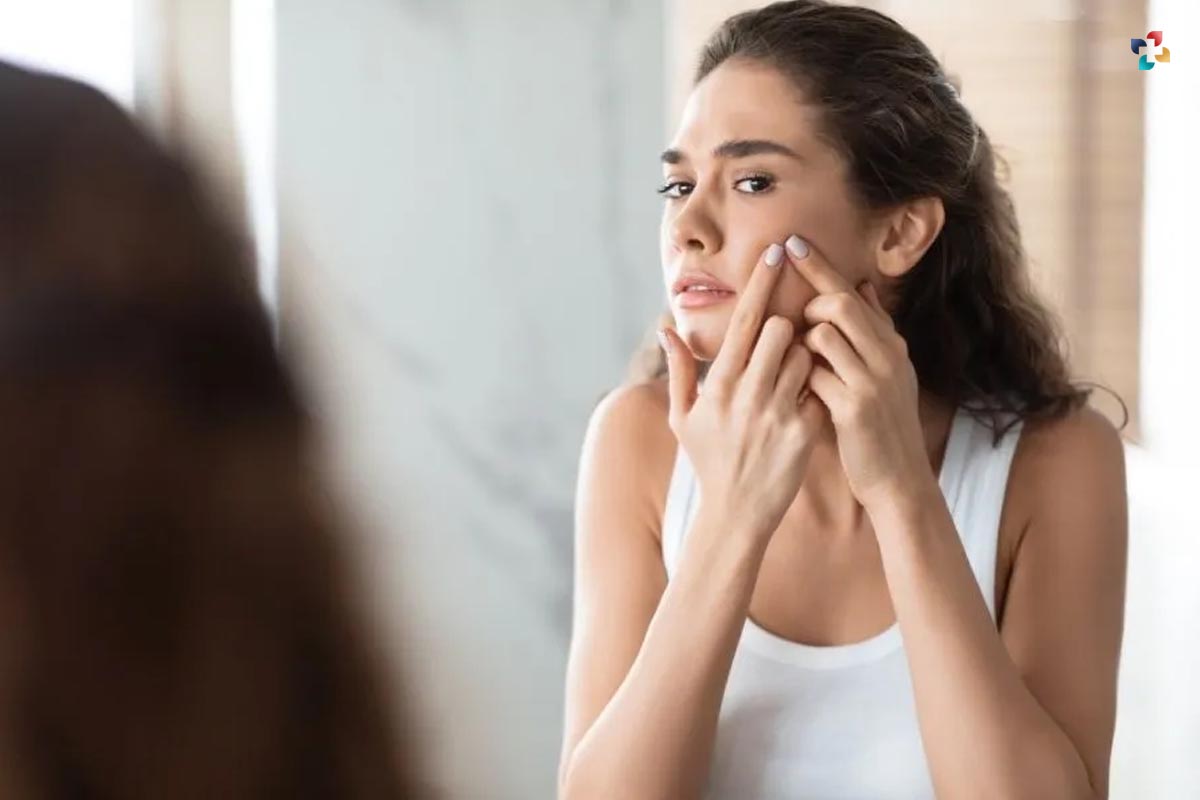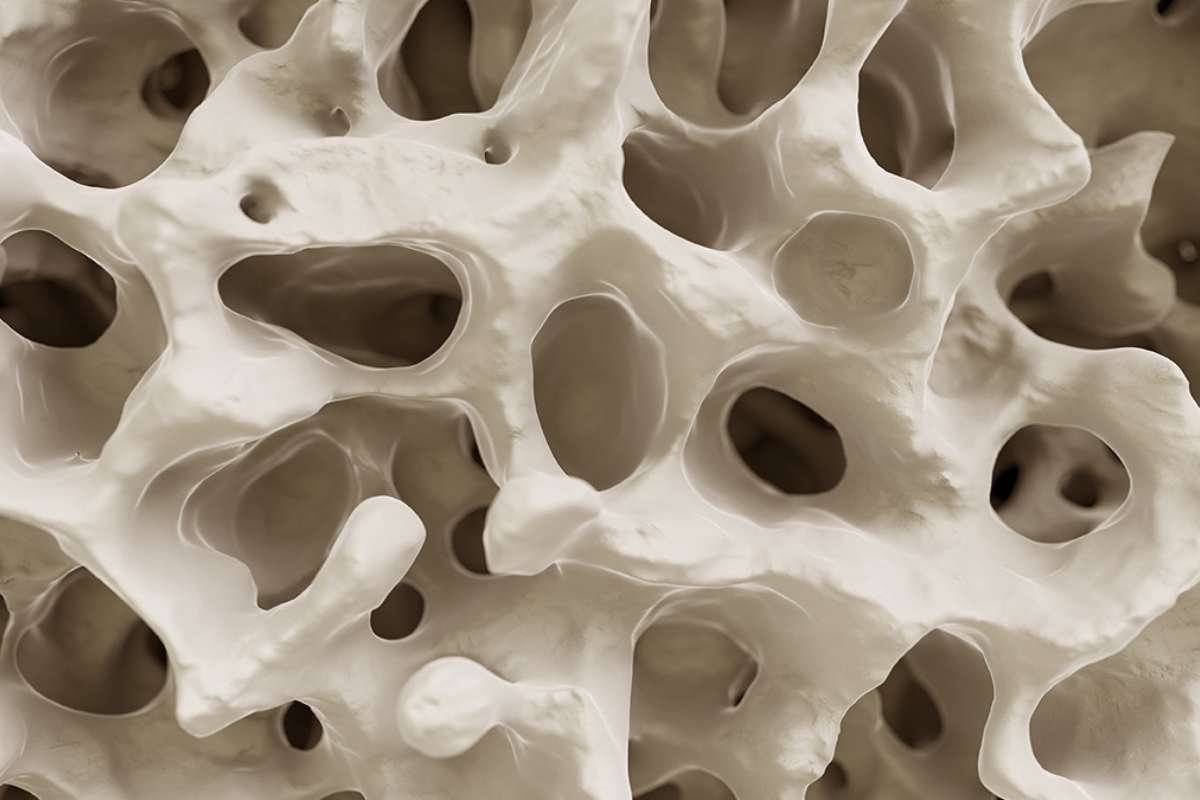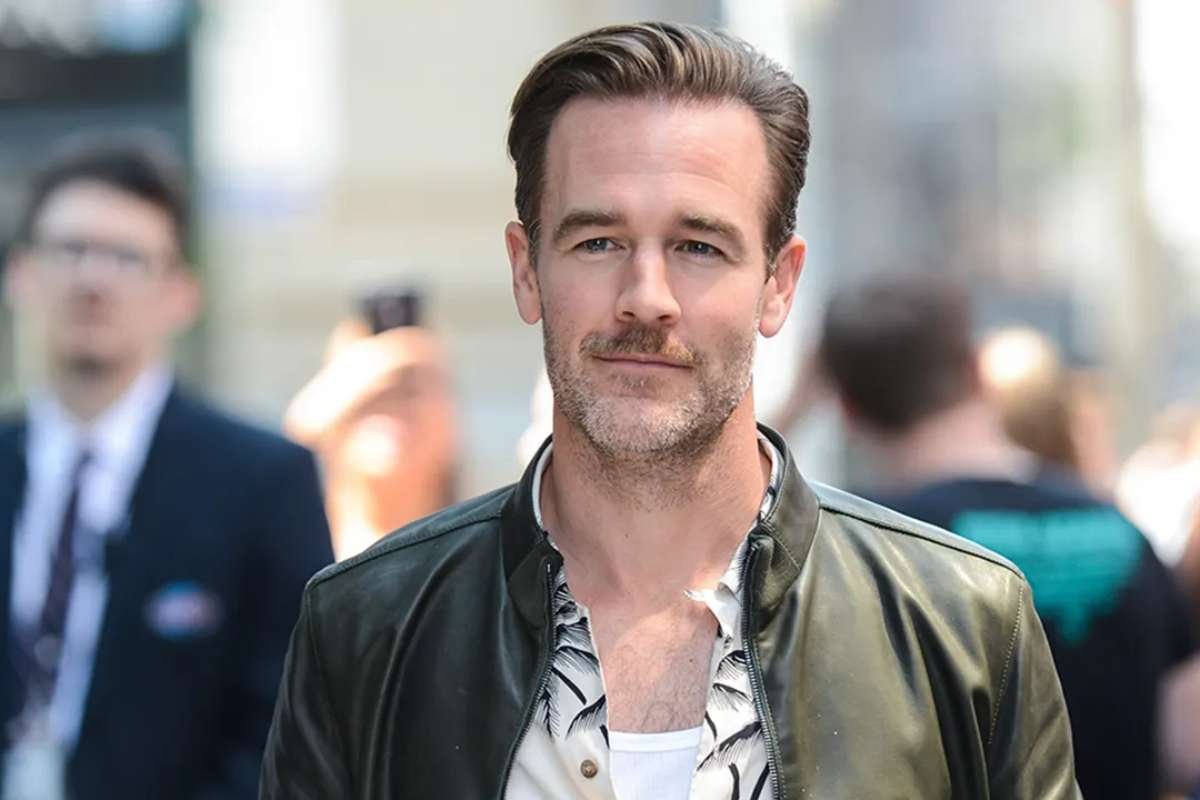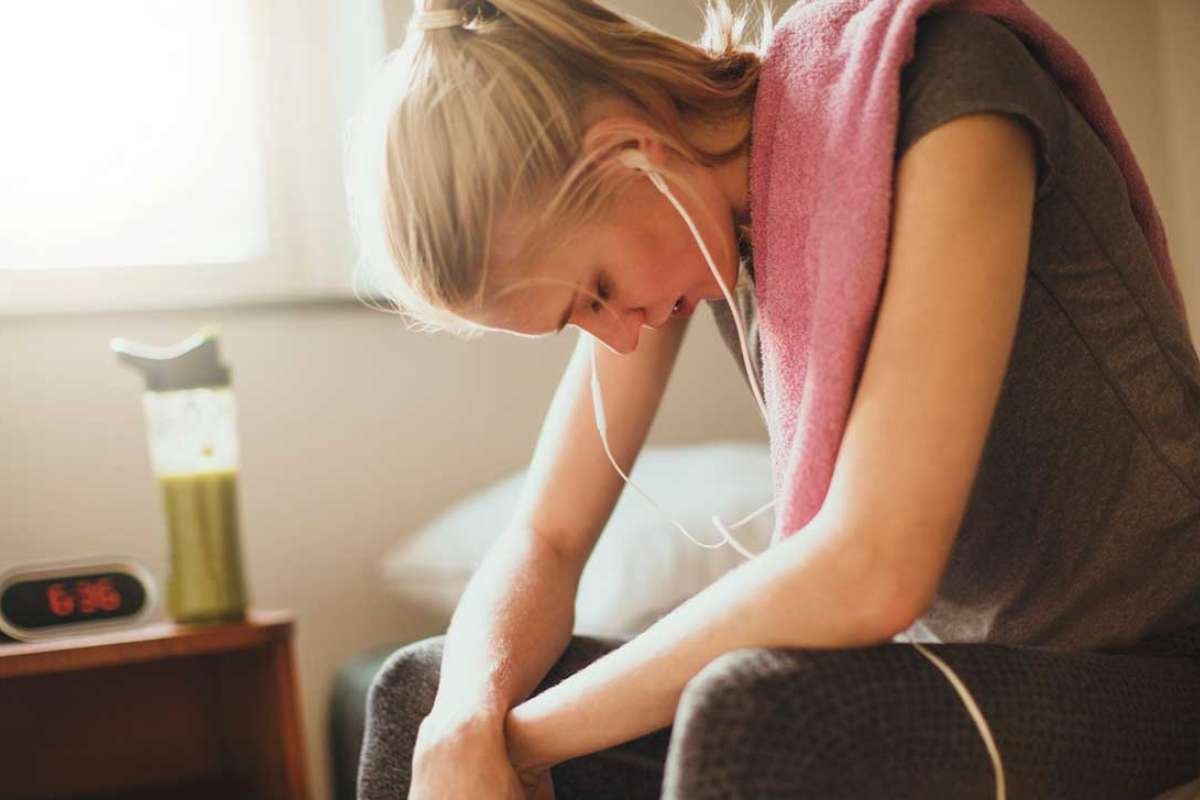In order to preserve one’s health and well-being in the best possible condition, enough rest is required. We have to follow some Ways of getting enough sleep, such as physical activity and maintaining a healthy diet, which may help avoid a variety of health problems, including cardiovascular disease and depression.
Here are 8 Ways to get enough sleep;
1. You do not engage in the fight against breakouts.

If you’re not getting enough sleep, it can show up on your face sooner or later. A number of studies have discovered a connection between not getting enough sleep and acne, and this may have something to do with the way that sleep affects hormones in the body. Sleep deprivation is harmful to the immune system, which leaves your body vulnerable to a wide variety of health problems.
2. Your Eyes Have a Nice Appearance
Signs that you aren’t getting enough sleep include redness, puffiness, dark circles under the eyes, and bags under the eyes. According to research, those who don’t get enough sleep are more likely to develop wrinkles, creases, puffiness, and droopiness. Why? It’s possible that your body isn’t getting the benefits of deep sleep phases, such as the regulation of hormones and the repair of tissues.
3. You keep the Same Weight
When you get enough sleep, your body is able to exercise adequate control over the chemicals ghrelin and leptin, which are responsible for determining how hungry you feel. If you don’t have them, you could find that you have the need to consume more than you need, which can lead to weight gain.
4. You No Longer Have an Appetite for Junk Food

If you are not getting enough sleep the night before, you could be more inclined to choose a cheeseburger and fries for lunch instead of a salad. A brain that hasn’t had enough sleep is more prone to cravings for unhealthy meals and snacks. It’s possible that when you’re sleepy, your judgment and ability to make decisions aren’t as acute, which makes it easier for other wants to take control of your life.
5. You do not have an appetite for caffeine.
It shouldn’t come as much of a surprise, but if your typical two cups of coffee aren’t cutting it, you may not be as well rested as you usually are. Caffeine may seem to be the solution to a lack of sleep, but in reality, it may very quickly become part of the issue. It’s possible that a cup of coffee or a can of soda may give you a boost of alertness in the short term, but in the long run, they might put you at risk for sleeplessness and anxiety.
6. You are always happy.
Getting enough sleep is vital for our overall health and well-being. Irritability is a major indicator of sleep deprivation. In one experiment, participants were only allowed to sleep for four and a half hours each night for a whole week. The end consequence is more individuals who are psychologically worn out, stressed out, and furious. When they got back to their regular routines, they reported feeling much better.
7. You don’t feel Depressed
Both insomnia and depression are intimately tied to one another. Even more concerning is the fact that they are cyclical: having trouble sleeping may lead to sadness, and vice versa.
8. Memory and concentration don’t feel dim

Even a little reduction in the amount of sleep you get — say, missing only two hours if you normally get eight — may make you feel sleepy and impair your ability to concentrate and remember things. Because of this, you could become less proficient at work, or even worse, behind the wheel of your vehicle. People who drive confess to falling asleep at the wheel more than one-third of the time.








